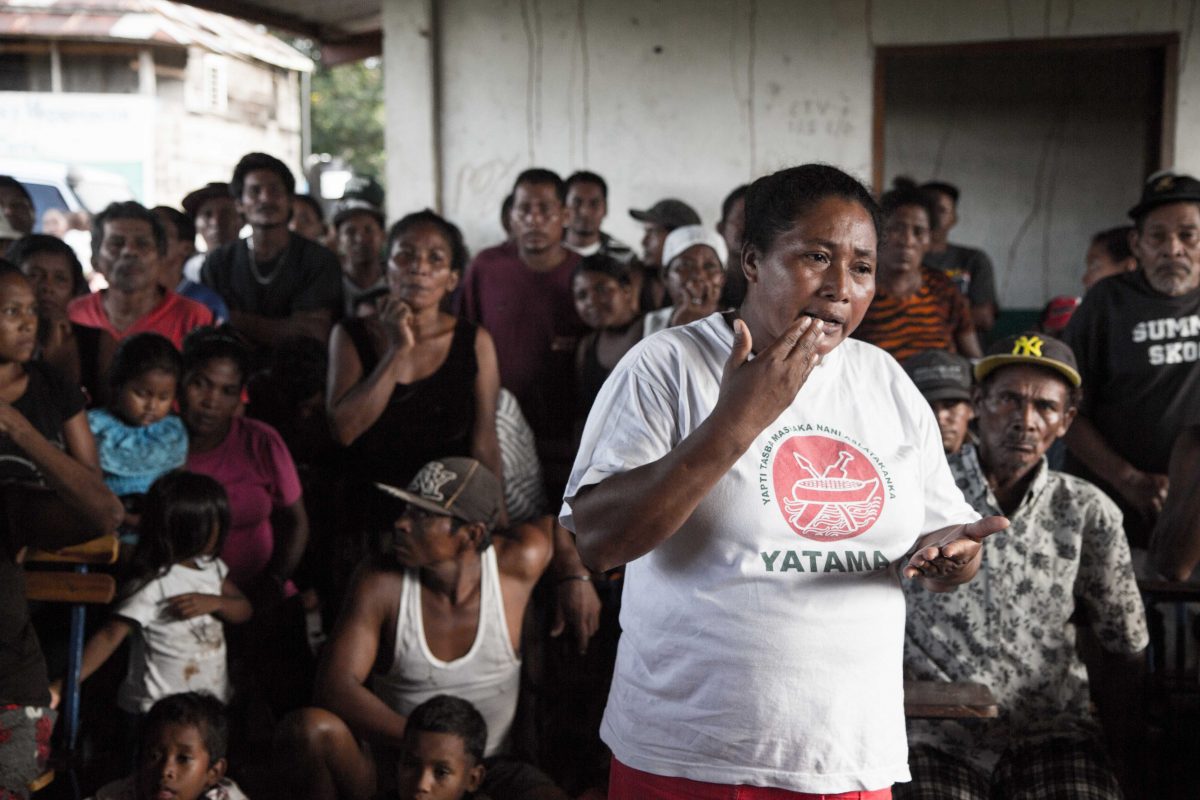






San José, June 23, 2005.- The Inter-American Court of Human Rights condemned Nicaragua for violating the rights of the candidates of the indigenous group Yabti Tasba Masraka Nanih Asla Takanka (YATAMA), by excluding them from the municipal elections of the year 2000. In its ruling, the Court determined that judicial guarantees, judicial protection, political rights and the right to equality before the law, guaranteed by the American Convention on Human Rights, had been violated.
The Center for Justice and International Law (CEJIL) and the Nicaraguan Center for Human Rights (CENIDH by its Spanish acronym) filed a complaint before the Inter-American Court of Human Rights on November 14, 2003, after the Inter-American Commission on Human Rights presented its own complaint on June 27 of that same year. The State was sued because the Supreme Electoral Council of Nicaragua did not allow Yatama to participate in the municipal elections, despite the fact that the group met all necessary requirements to do so.
Yatama is an indigenous organization that has been working to protect indigenous rights and still preserves the traditional structures and customs of the indigenous peoples of the Atlantic coast of Nicaragua. The Inter-American Court determined that “excluding the participation of the candidates…particularly affected the members of the indigenous and ethnic communities that were represented by that organization […] by placing them in a situation of inequality.” The court considered that the fact that the State forced Yatama to become a political party and to abandon its traditional form of organization, was a violation of their political rights and their right to non-discrimination.
The Court ordered Nicaragua to reform its electoral law so that the members of the indigenous and ethnic communities can participate in the electoral processes, respecting their traditions, habits, and customs, and to establish the responsibility of the Supreme Electoral Council to justify its decisions. It also stated that “regardless of the regulation that each State makes regarding the supreme electoral organ, it must be subject to some jurisdictional control that allows determining if their acts have been adopted under the minimum rights and guarantees provided in the American Convention.” As a result, Nicaragua was ordered to create simple, fast and effective mechanisms to monitor those decisions of the Supreme Electoral Council that affect Human Rights.
For CEJIL, the ruling of the Court is essential to guarantee the right of indigenous peoples to participate in electoral processes in conditions of equality, respecting their forms of organization, habits, and customs. This ruling marks an important step to encourage indigenous people to have their own political representation that allows them to intervene in the decisions that affect them.
It is important to point out that the rulings of the Inter-American Court of Human Rights are binding for the member countries of the Organization of American States (OAS) that have accepted its jurisdiction.
Related links:
Nicaragua brought before the Inter-American Court for violation of the rights of the indigenous peoples of the Atlantic Coast [ES]
Help us continue this critical and urgent work with a donation!
DONATE NOW